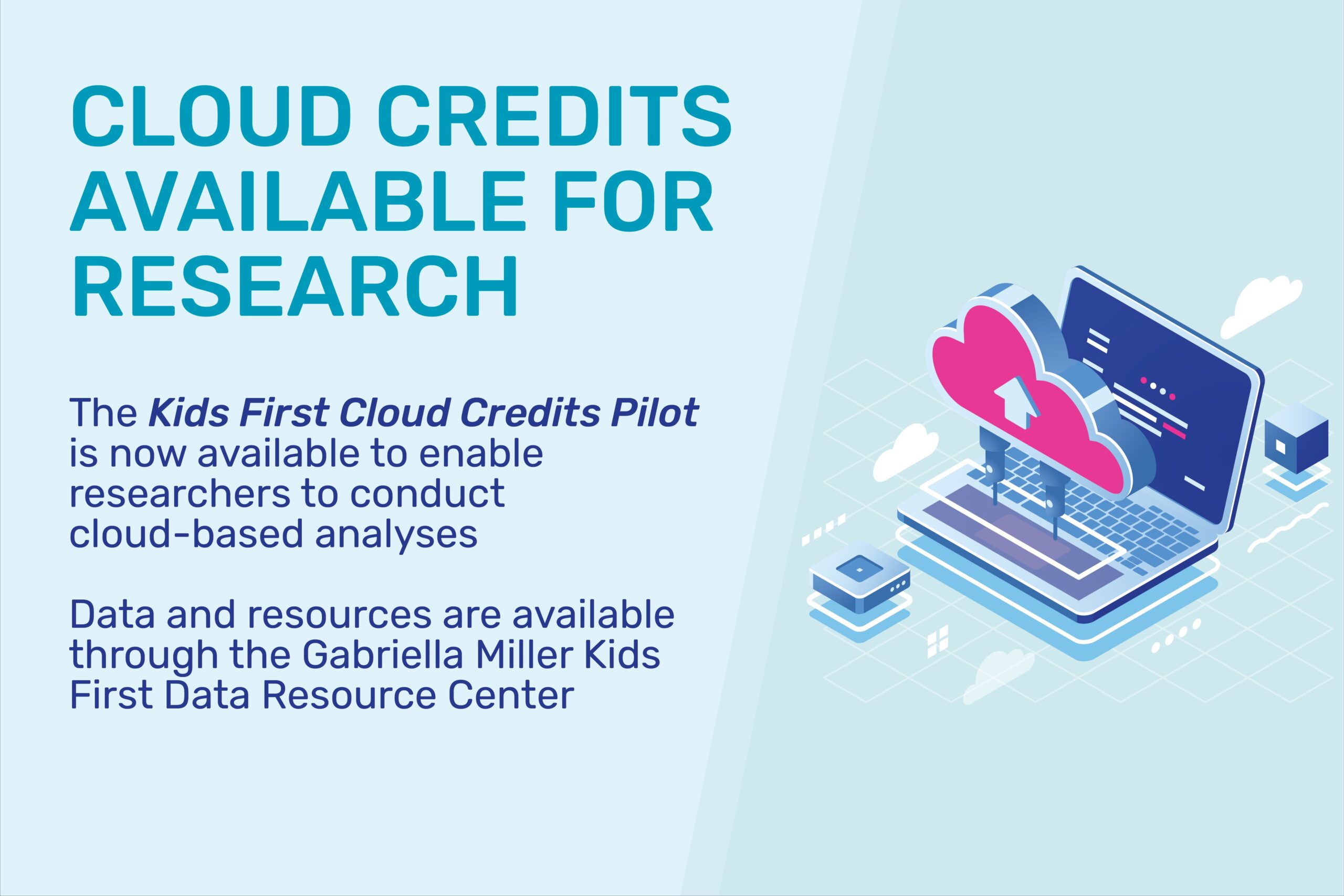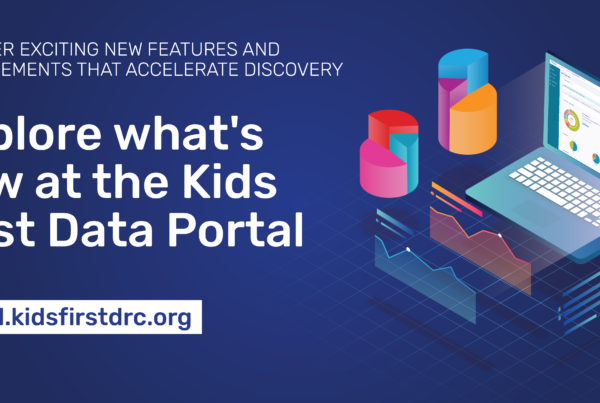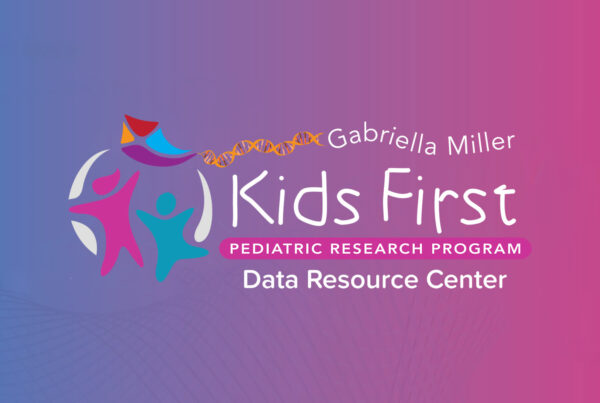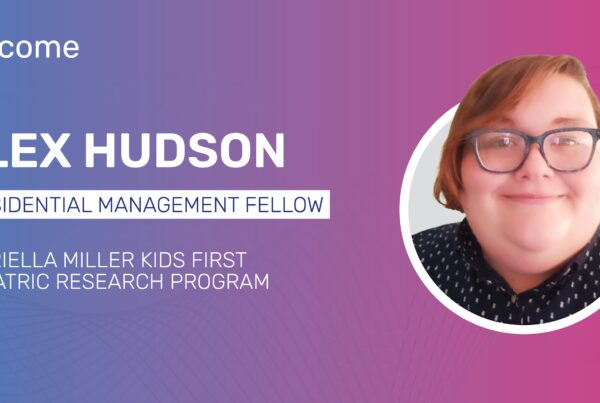The NIH Common Fund’s Gabriella Miller Kids First Pediatric Research Program Offers Cloud Credit for All Researchers
Analyzing large amounts of data require considerable computing ability and power. This is especially true when dealing with the rich data generated through childhood cancer and structural birth defects research. Historically, large-scale data analysis has required the use of physical computer systems located locally. The increasing scale and size of genomic data means it is becoming a burden to move these files to an institutional location where the software has been installed. Fortunately, cloud-based analysis offers an alternative – move the relatively small software files to the location where the data is stored.
Now, the recently-announced Cloud Credits Pilot program offered through the National Institutes of Health (NIH) Common Fund’s Gabriella Miller Kids First Pediatric Research Program (Kids First) is providing greater access for childhood cancer and birth defects researchers to utilize cloud-based data management and to develop collaborations.
High performance computing incurs large upfront costs requiring a network of servers and storage devices housed in a single institution. However, cloud-based computing allows access to this same infrastructure without owning and managing the machines themselves. Researchers can instead utilize cloud computing to work in this environment on an amount relative to their usage. Dozens of machines can be activated rapidly when an analysis is beginning – and then shut off just as quickly once the work is complete and they are no longer needed.
CAVATICA is a cloud-based portal environment developed to securely store, share, and analyze large volumes of genomic data to accelerate collaboration in pediatric research. The platform also provides the service of activating and deactivating these computers when called upon by its users. This allows researchers to focus on the biological and bioinformatic aspects of their projects, without having to set up cloud infrastructure from scratch. Cloud computing also allows users to share data seamlessly with collaborators. Any collaborator can create an account and receive access to the same platforms. Useful data products, tools, and results can also be quickly disseminated and shared with the broader research community following publication.
A Growing Community
The Kids First Cloud Credits Pilot is now available to enable all researchers to conduct cloud-based analyses while utilizing data and resources available through the Kids First Data Resource Center.
The Kids First Data Resource uses a Gen3 Data Commons framework and the CAVATICA cloud-based analysis platform to enable researchers in the community to bring cloud-based tools to the data. The Kids First Data Resource Portal is the entry point for data where researchers can query information and build synthetic cohorts. CAVATICA allows users to pull data from multiple resources and to build your own workflow or choose from those already available.
Applying for the Cloud Credits program can help researchers lower the barriers to access these tools, enabling collaboration on these cloud-based platforms, build and share workflows, and analyze Kids First and non-Kids First data in one cloud workspace. Once you submit a request, applicants to the Cloud Credits Pilot should receive approval from NIH within four-six weeks, allowing near-immediate utilization of these resources. All requests will be reviewed by the NIH Kids First Cloud Credits Review Committee.
This Cloud Credits Pilot could offer investigators the opportunity to finish a small project or to collect enough preliminary data to apply for NIH funded grants, such as its R03 Small Research Grant program, which is currently accepting proposals for research grants to analyze data through Kids First.
The Cloud Credits Pilot builds upon the Kids First Data Resource and enhances collaborative possibilities. Not only will collaborators be contributing to a growing and evolving childhood cancer and birth defect research community supported by the Kids First Program, but the work of those who receive credits will enrich the program itself.
If you would like to participate in the Kids First 2022 Cloud Credits Pilot, please reach out now. If you have any questions, please contact: KidsFirst@od.nih.gov “Kids First 2022 Cloud Credits Pilot” in the subject line, and the program staff will follow up with additional information.











